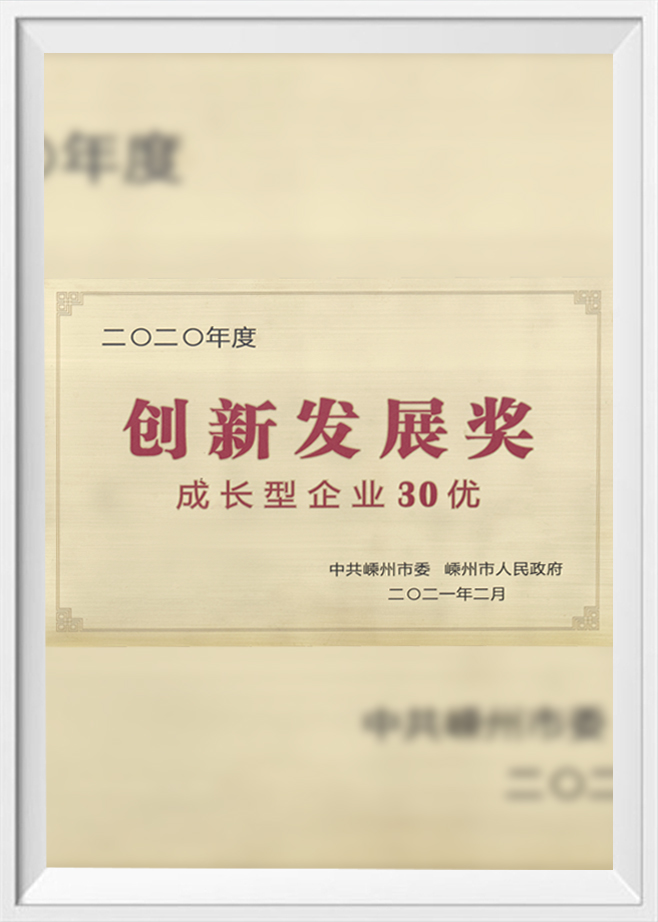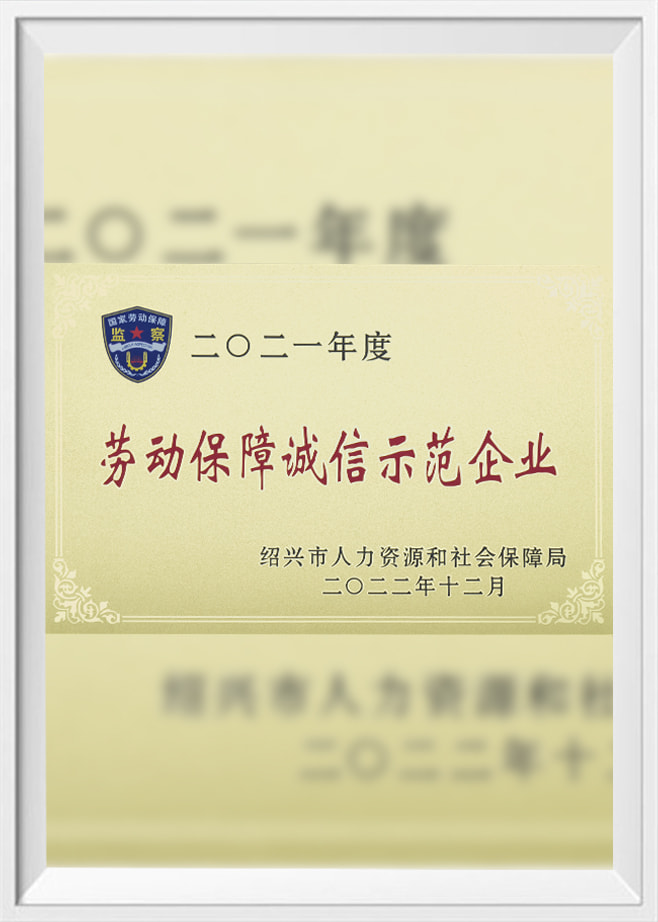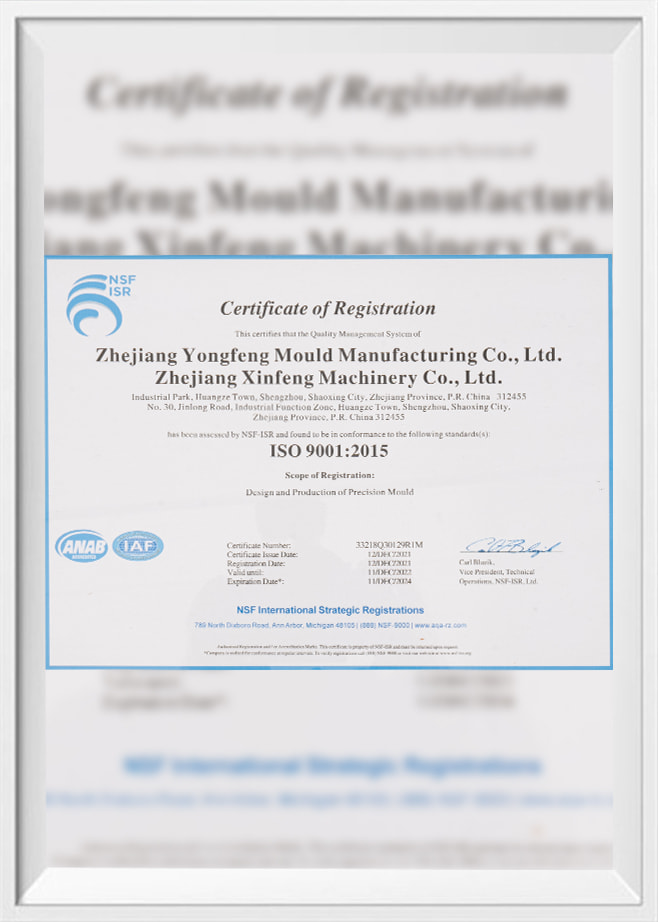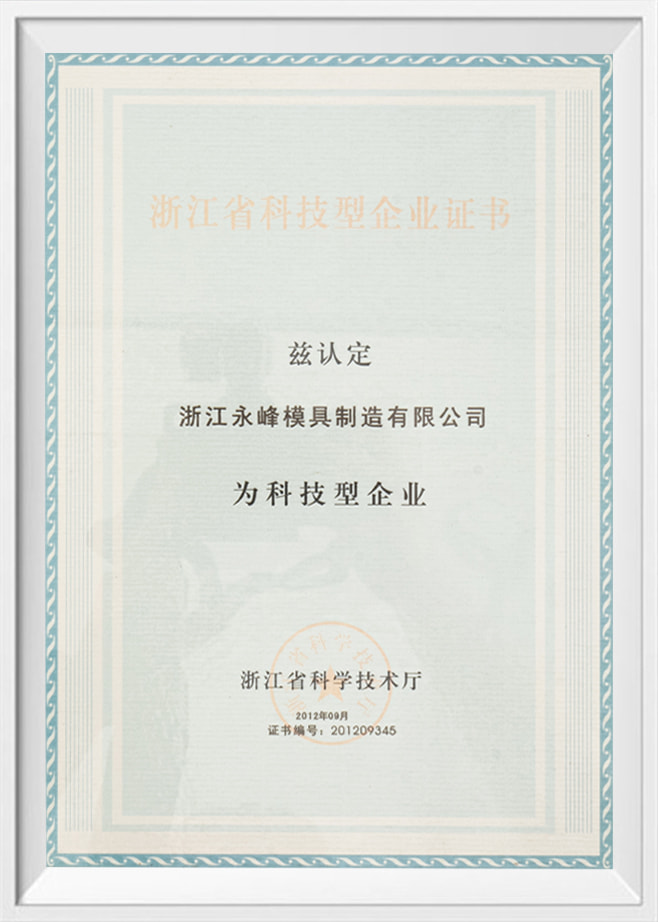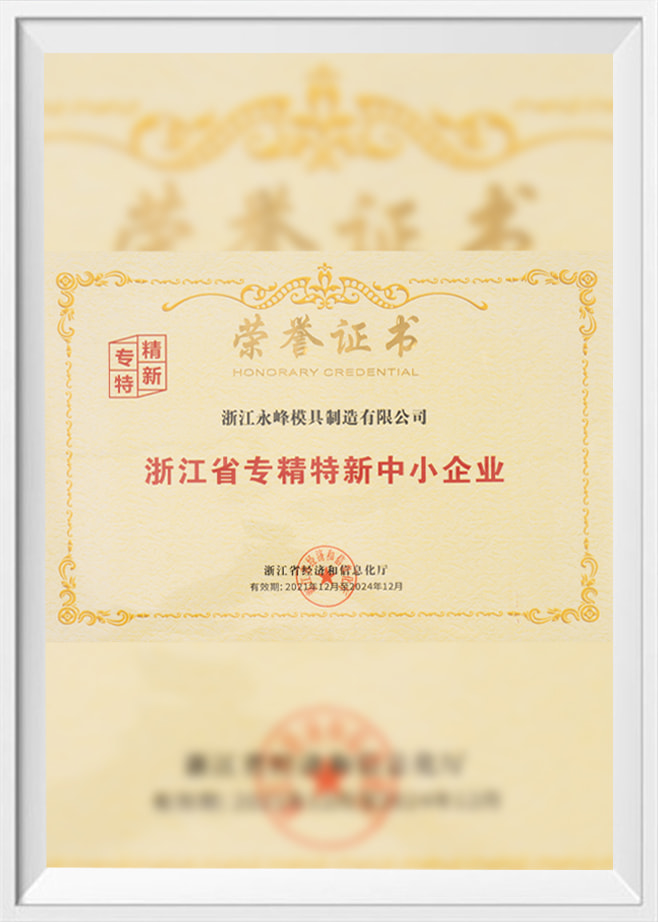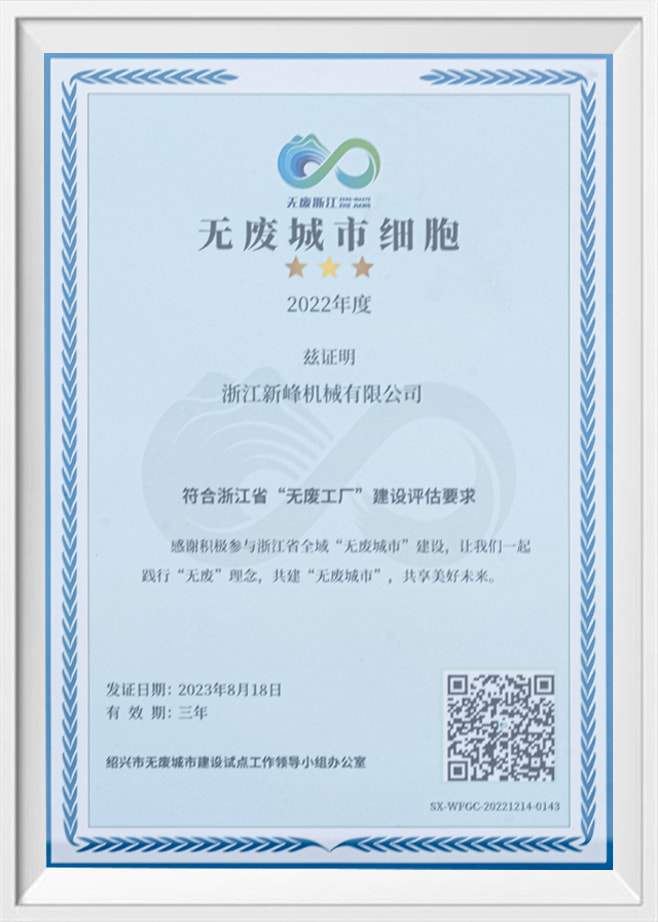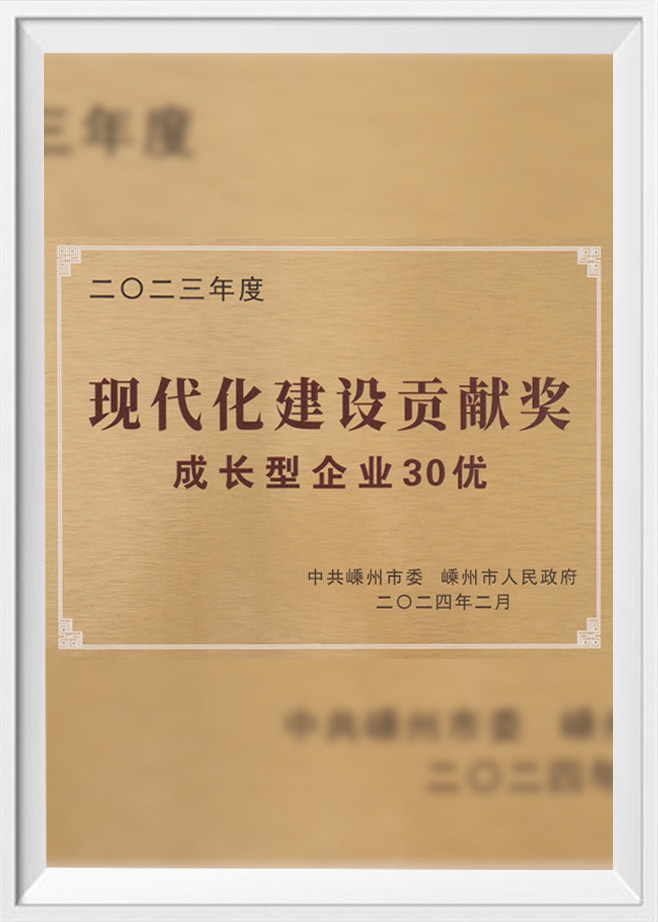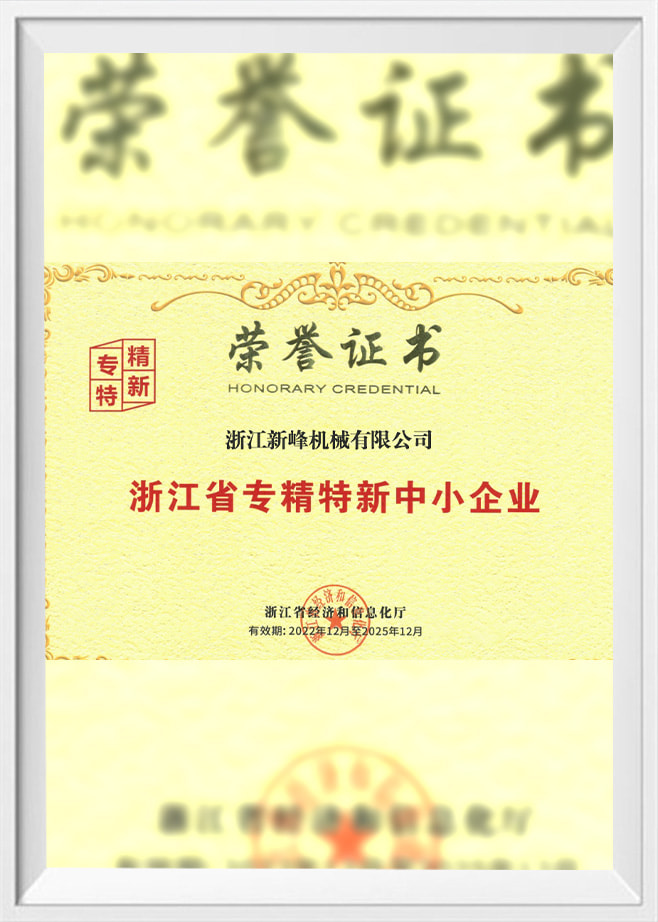Precision plays a fundamental role in the production of wheel hub motorcycle casting molds. The wheel hub is a critical component of the motorcycle, responsible for supporting the wheel and ensuring s...
Casting Wheel Hub Attached Water-Cooled Low-Pressure Mold Suppliers
Casting Wheel Hub Attached Water-Cooled Low-Pressure Mold uses water cooling technology to ensure effective temperature control during the casting process. This mold uses a low-pressure casting process to inject molten metal into the mold at a lower pressure, thereby achieving high-precision and high-quality castings. Through the water cooling system, the mold can quickly and effectively dissipate heat, reduce the risk of uneven cooling of the casting, and further improve the casting quality and production efficiency. This mold is suitable for casting various aluminum alloys, ferroalloys and other materials, and is widely used in the automotive, machinery, aerospace and other industries, especially in the production of wheel hubs. Casting Wheel Hub Attached Water-Cooled Low-Pressure Mold can optimize the cooling effect, ensure the long-term stable operation of the mold, improve the precision and surface quality of the casting, reduce the occurrence of defects such as pores and cracks, and at the same time improve production efficiency, reduce energy consumption and production cycle.
Zhejiang Xinfeng Machinery Co., Ltd. is professional China Casting Wheel Hub Attached Water-Cooled Low-Pressure Mold Suppliers and Custom Casting Wheel Hub Attached Water-Cooled Low-Pressure Mold Manufacturers.Zhejiang Xinfeng Machinery and Shengzhou Yuanfeng Mold are subsidiaries of Yongfeng Mold Group, with over 380 employees and annual sales of 550 million. Xinfeng specializes in aluminum wheel hub and structural casting molds, covering 30 acres, with a 16,000+ sqm plant, outputting 1,800 sets of molds annually, employing over 130 staff, including 30 skilled technicians and designers using CAD, UG, CATIA, etc. The company focuses on customer needs, innovation, and quality, implementing a mold production progress system and equipped with advanced machinery like CNC centers.
Yuanfeng Mold Co., Ltd. was established in Yongfeng Group, focusing on mold steel forging products, with multiple forging and electro slag remelting production lines, mainly producing mold raw materials such as H13 series and 35CrMo. The company actively promotes technological innovation and brand innovation, strengthens quality management, enhances corporate image, complies with ISO9001:2015 international quality system standards, and has won the titles of Shengzhou City's "30 Best" Enterprises, Integrity Enterprises, and National High-tech Enterprises.
Xinfeng Machinery actively participates in the "waste-free factory construction" and became a member of the "waste-free factory" in October 2022. It maintains long-term strategic cooperation with nearly 40 wheel hub factories and aluminum casting manufacturers, ranks among the top three in the aluminum alloy casting mold industry, leads the casting process industry, and produces 2,000 sets of molds annually. It is committed to using technology to improve product quality and using craftsmanship to create each product.

-
-
A wheel hub motorcycle casting mold is an essential tool in the manufacturing process of motorcycle wheel hubs. It plays a key role in shaping the molten metal into the precise dimensions required for...
-
A wheel hub differential pressure casting mold is a specialized mold used in the casting process to produce wheel hubs, commonly found in vehicles. The “differential pressure casting” technique involv...
1.What Are the Advantages of Wheel Hub Attached Water-Cooled Low-Pressure Molds?
Wheel hub attached water-cooled low-pressure molds, such as those developed by Zhejiang Xinfeng Machinery Co., Ltd., offer a range of significant advantages over traditional casting molds. The primary innovation of this technology is its integrated water cooling system, which plays a pivotal role in improving the casting process.
Traditional low-pressure casting molds often rely on passive cooling methods, which can be less efficient and lead to longer cycle times. In contrast, the water-cooled system in these advanced molds actively regulates the temperature of the casting process. The water cooling system is embedded directly within the mold, creating a consistent and controlled cooling environment. This direct contact with the casting material ensures that the cooling is uniform and rapid, which is crucial for maintaining the integrity and quality of the cast product.
One of the key benefits of this technology is its impact on cycle times. By accelerating the cooling process, manufacturers can significantly reduce the time required to produce each casting. This leads to increased productivity and efficiency, allowing for a higher volume of castings to be produced in a shorter period. For automotive manufacturers, this means faster turnaround times and the ability to meet high demand without compromising on quality.
The enhanced cooling capabilities of these molds result in improved casting quality. The uniform cooling process reduces the likelihood of defects such as warping, cracks, or surface imperfections. This is particularly important for automotive applications, where the precision and reliability of each component are critical. The ability to produce castings with complex geometries and high-performance requirements is another advantage. The advanced cooling system ensures that even intricate designs can be cast with high accuracy and minimal post-production finishing.
2.How Does the Water-Cooled System Enhance Casting Quality?
The water-cooled system integrated into wheel hub attached low-pressure molds, such as those from Zhejiang Xinfeng Machinery Co., Ltd., plays a crucial role in enhancing the quality of castings. This advanced cooling technology addresses several key aspects of the casting process that directly impact the final product's quality.
One of the primary benefits of the water-cooled system is its ability to provide precise temperature control throughout the casting process. Unlike traditional molds that rely on ambient cooling, the water-cooled system actively manages the temperature of the mold and the casting material. This active cooling mechanism helps to ensure a consistent and even temperature distribution, which is essential for achieving high-quality castings.
Uniform cooling is critical for preventing common casting defects. For instance, uneven cooling can lead to warping or distortion of the casting, which can compromise its structural integrity and performance. By maintaining a consistent cooling rate, the water-cooled system minimizes the risk of such defects. This is particularly important for automotive components, where even minor imperfections can affect the functionality and safety of the final product.
In addition to preventing defects, the water-cooled system enhances the overall accuracy of the casting. The improved temperature control allows for the production of castings with tight tolerances and complex geometries. This is essential for meeting the precise specifications required for high-performance automotive applications. The ability to produce intricate designs with high precision also reduces the need for extensive post-production machining or finishing, which can further improve efficiency and reduce costs.
The water-cooled system also contributes to the longevity and durability of the mold itself. By preventing excessive heat buildup, the system reduces thermal stress on the mold, which can extend its service life and maintain consistent performance over time. This leads to reduced maintenance costs and fewer interruptions in the manufacturing process.
3.Why Is This Technology Ideal for Modern Automotive Manufacturing?
The wheel hub attached water-cooled low-pressure mold technology, as exemplified by Zhejiang Xinfeng Machinery Co., Ltd., is particularly well-suited to the demands of modern automotive manufacturing. This advanced technology addresses several critical needs in the automotive industry, making it an ideal choice for producing high-quality wheels and accessories.
One of the key advantages of this technology is its ability to meet the increasing demand for precision and quality in automotive components. Modern vehicles require parts that not only perform reliably but also meet stringent safety and performance standards. The water-cooled low-pressure molds provide the accuracy and consistency needed to produce components that adhere to these high standards. The ability to produce castings with complex geometries and tight tolerances is essential for meeting the evolving requirements of the automotive industry.
Efficiency is another crucial factor in modern automotive manufacturing. The water-cooled system significantly reduces cycle times by accelerating the cooling process. This increased efficiency allows manufacturers to produce a higher volume of castings in a shorter period, which is essential for keeping up with the fast-paced automotive market. Faster production times also enable manufacturers to respond more quickly to changes in demand and adapt to new design requirements.
The versatility of the water-cooled low-pressure molds is also a significant advantage. These molds are suitable for producing a wide range of automotive components, including those for light vehicles, commercial vehicles, and high-performance racing cars. This versatility makes the technology adaptable to different production needs and market segments, allowing manufacturers to diversify their product offerings and cater to various customer requirements.

 English
English 中文简体
中文简体






